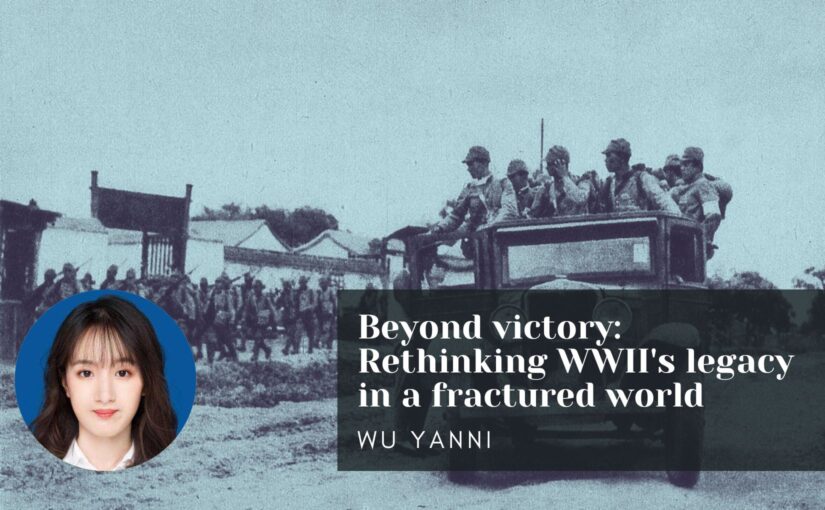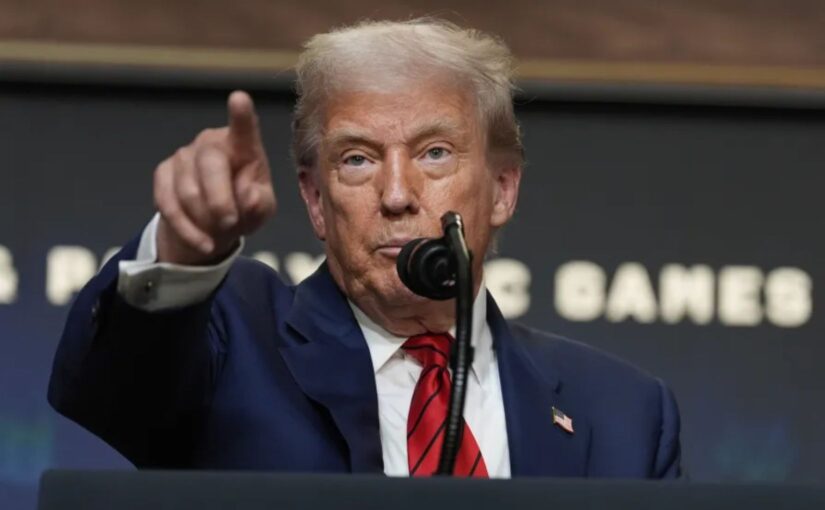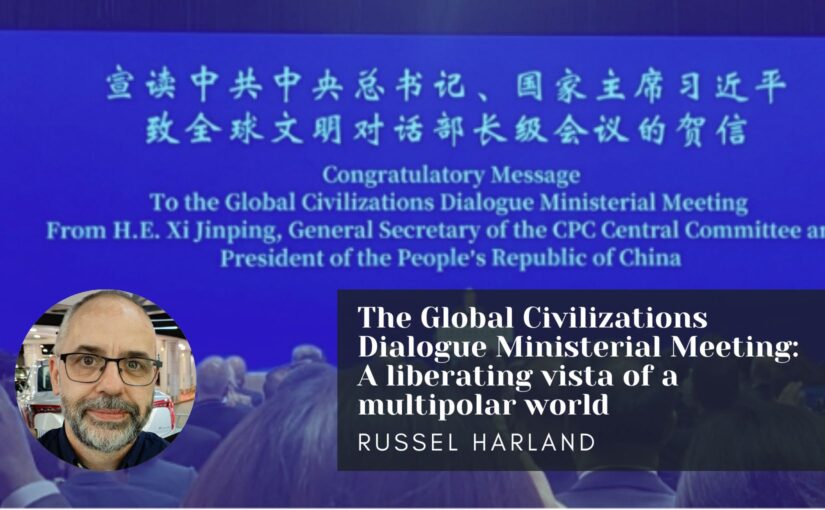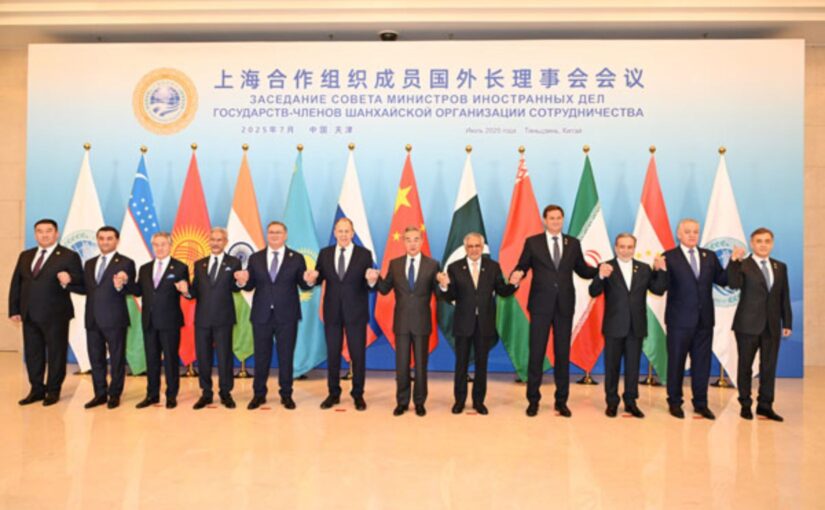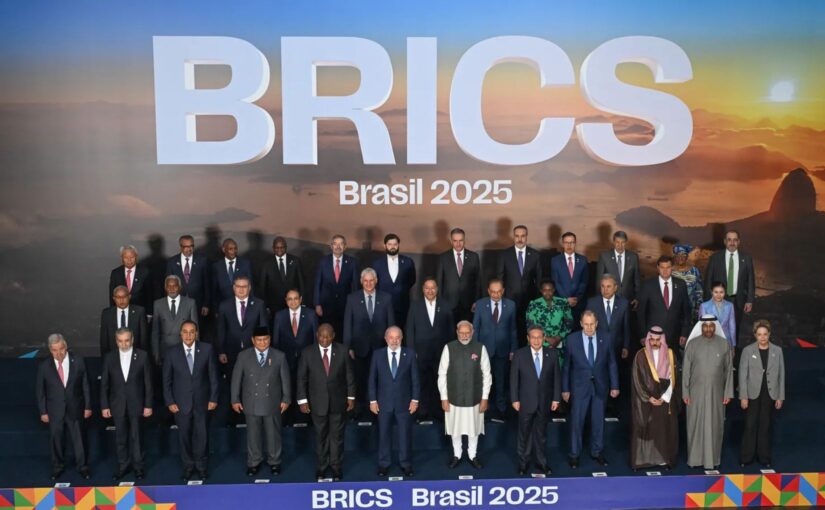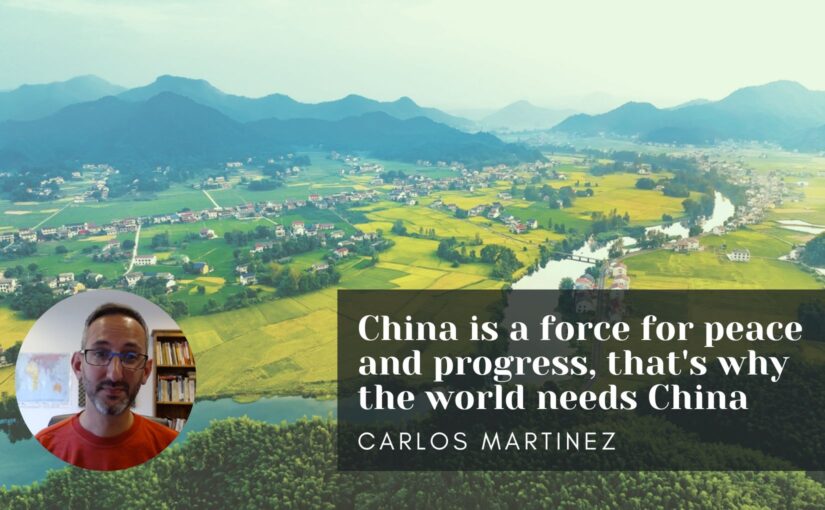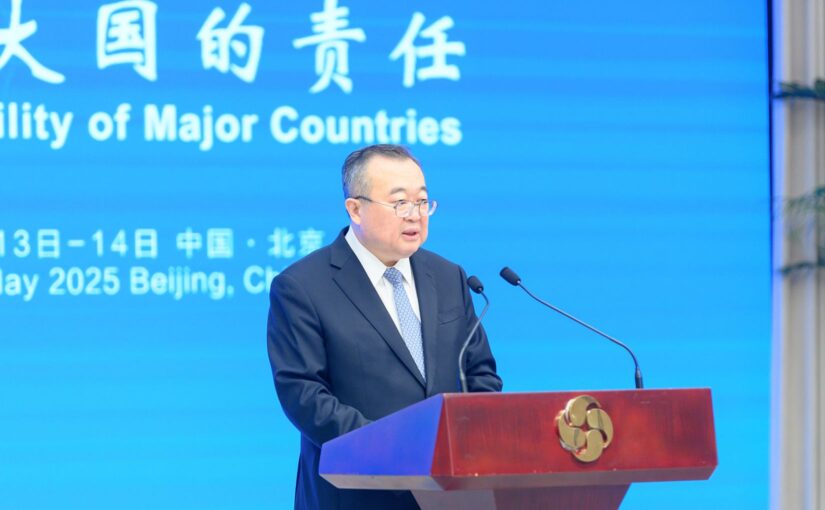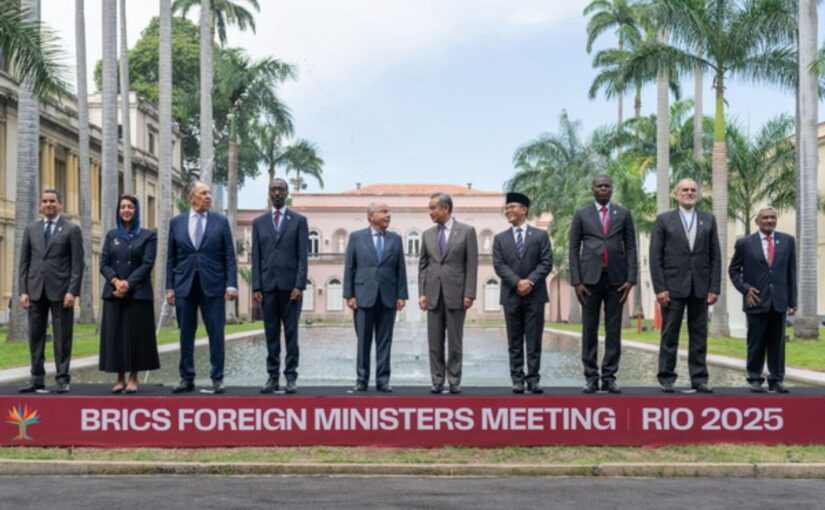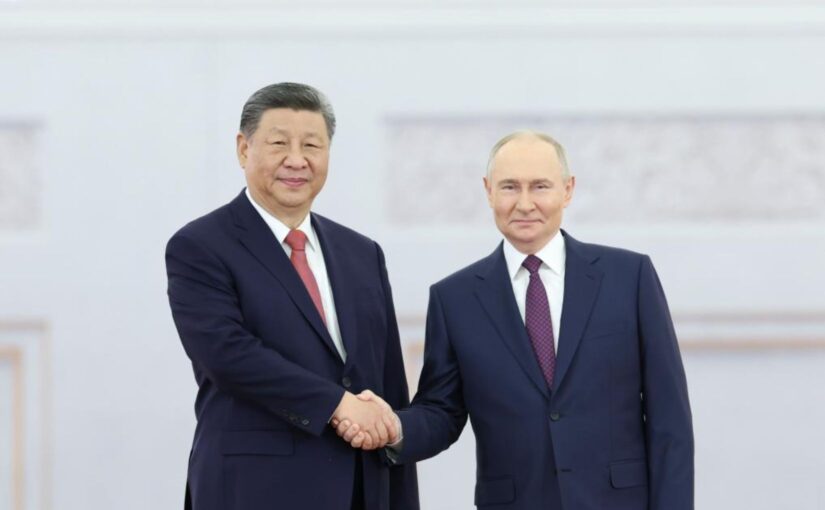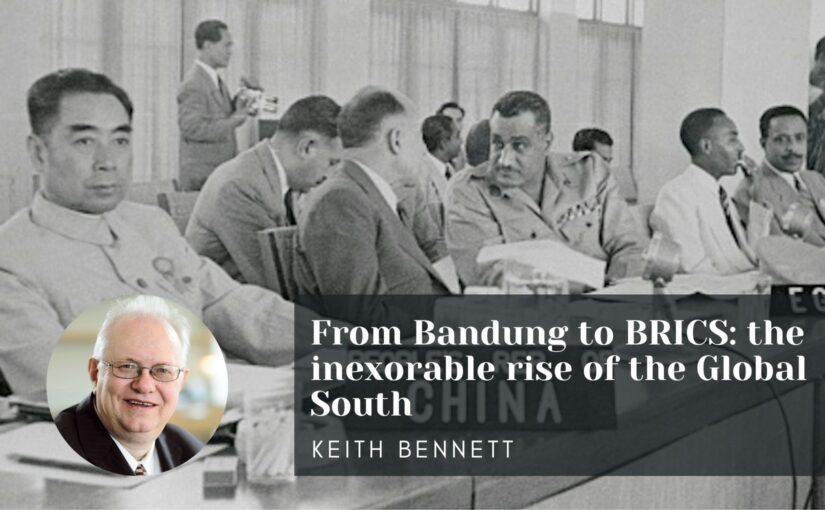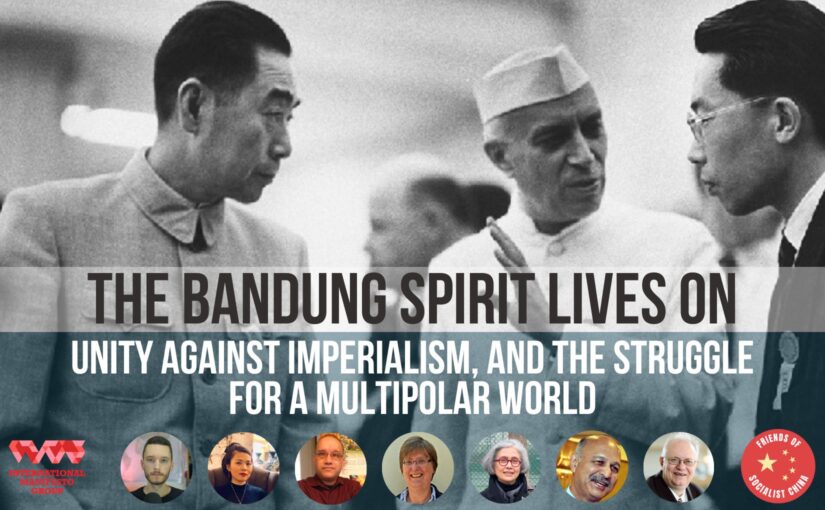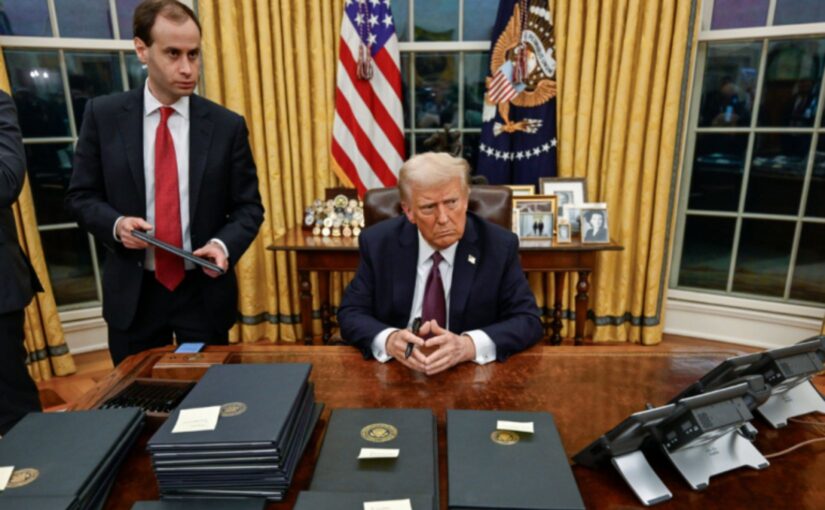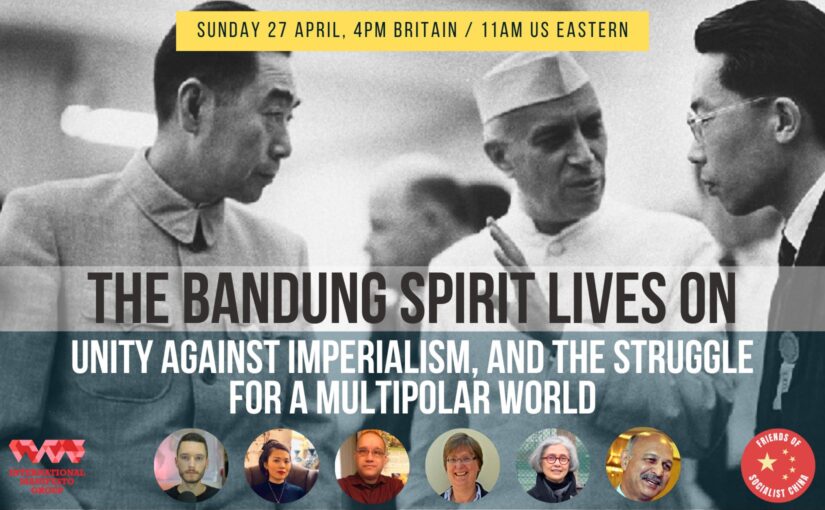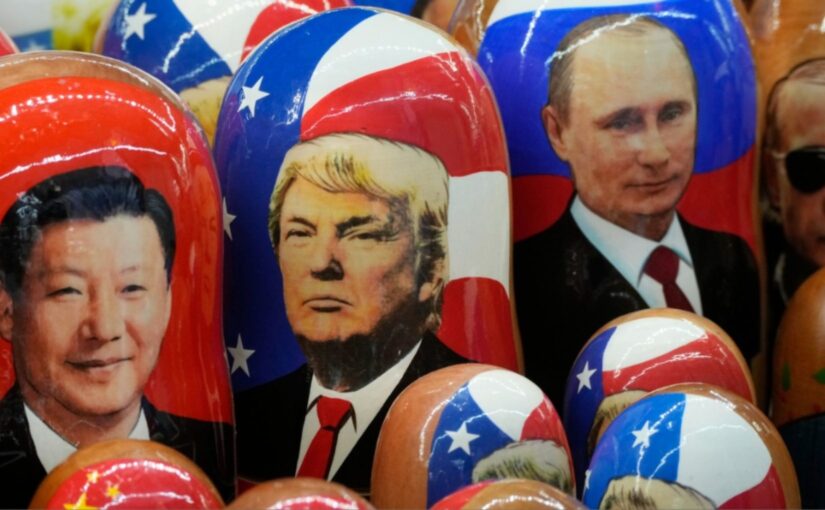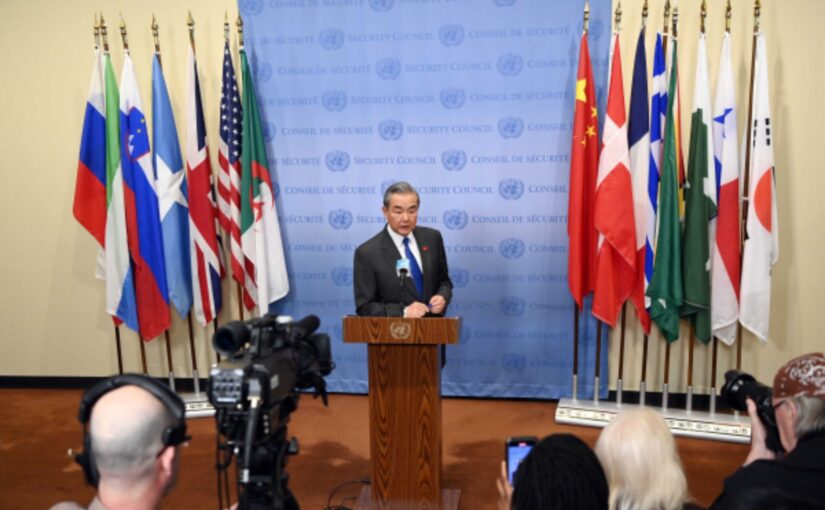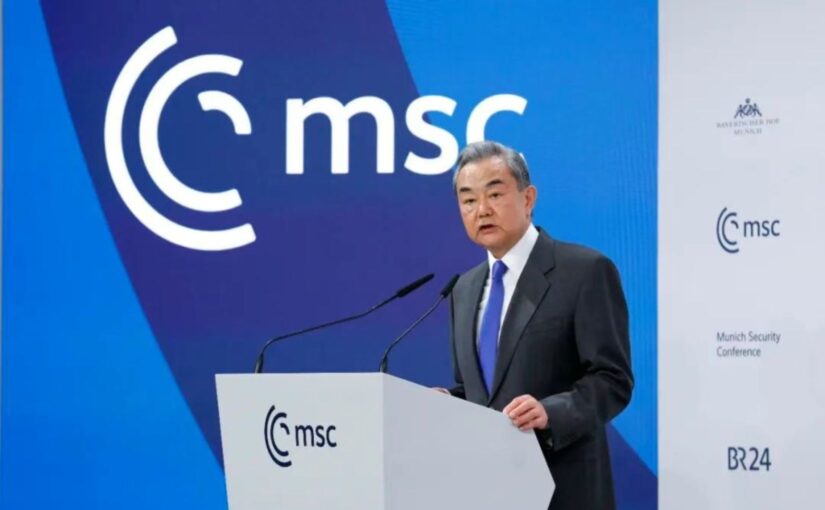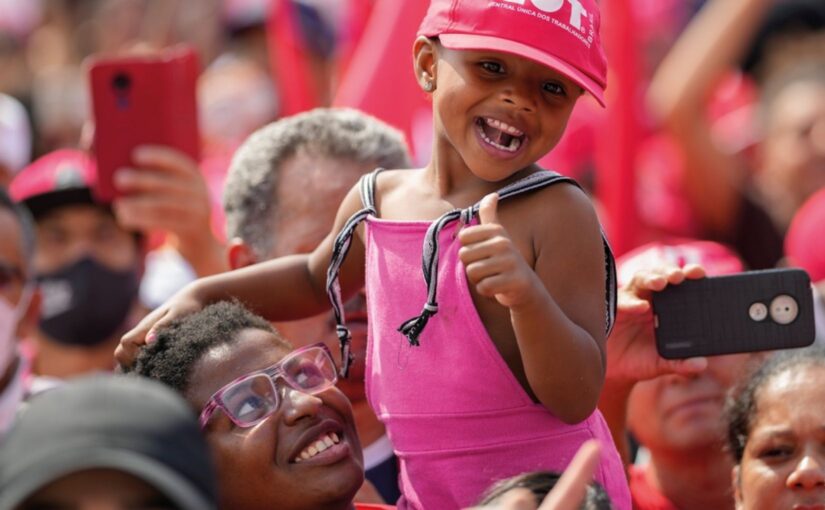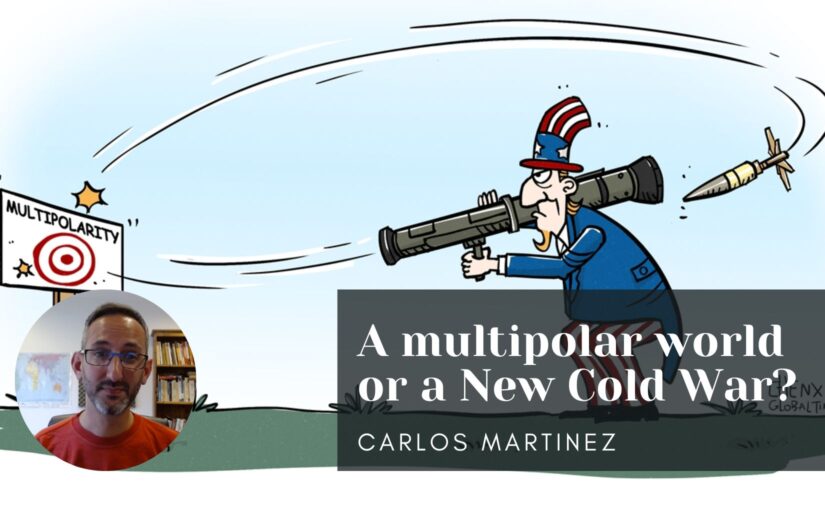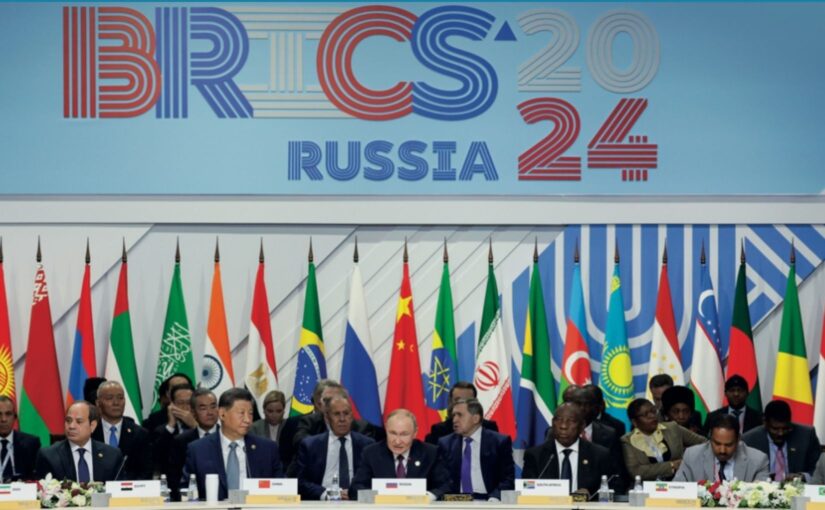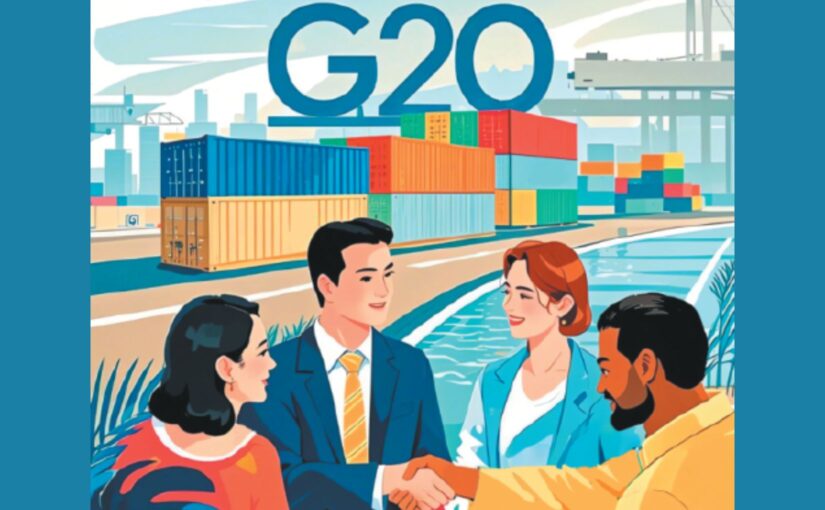We are pleased to republish the below article by Dr. Kate Hudson, Vice-President of the Campaign for Nuclear Disarmament (CND), which is the gist of her speech given at the ‘Socialism or Barbarism’ Arise Festival Day School, held in London on March 29.
Setting out the need for solidarity with the Global South in the face of US President Donald Trump’s international agenda, Kate points out that US foreign policy goal for the last thirty odd years [that is since the collapse of the Soviet Union] has been to maintain its position of sole superpower status. This means ensuring that no other state should accumulate enough economic and strategic weight to rival it – or to create a new multipolarity that acts against US interests. In the current context, this means the rise of China and the Global South, of which it is part. This trend has been recognised since at least the 1990s, as the success of China’s economic reforms became apparent.
Kate explains that Obama’s ‘pivot to Asia’ was the first really serious attempt to address this, but US policy in this regard does not have merely a military component but also a major economic one. However, the figures are not in the US’s favour:
“In 1993, the G7 countries accounted for 45.4% of the global economy. The most significant economies of the Global South, or BRICS (Brazil, Russia, India, China, and South Africa), made up only 16.7%. Thirty years later, BRICS accounted for 31.5% of the global economy, surpassing the G7 on 30.3%. In August 2023, BRICS added five more countries, adding an extra 4% to BRICS’s share of world GDP.”
Referring to China’s lead in electric vehicles (EVs), Kate notes: “The Financial Times commented on this recently, with the headline ‘Trump’s auto tariffs help Chinese EVs to race ahead’, describing the Chinese sector as the centre of innovation, years ahead of western rivals. Interestingly they say that ‘Beijing’s state-led industrial policy has built a formidable manufacturing base.’ High praise from the FT!”
Meanwhile, south-south trade is increasing. China is Africa’s largest trading partner and creditor; 20% of the continent’s exports go to China, and 16% of its imports come from China.
She concludes: “Through increased political and economic coordination, the Global South will continue to rise: Trump’s policies will not be able to reverse that situation. The danger is the damage he will do on the way, whether politically, economically, or militarily… Our solidarity, our work for peace, is crucial, and we must do everything we can to build links with organisations in and from the Global South. And we must pursue our own campaigning which rejects the right-wing narrative about global threats, whether they come from Trump or Starmer.”
The article was originally published by Labour Outlook.
The US foreign policy goal for the last thirty odd years has been to maintain its position of sole superpower status. This means ensuring that no other state should accumulate enough economic and strategic weight to rival it – or to create a new multipolarity that acts against US interests. In the current context, this means the rise of China and the Global South, of which it is part.
This trend has been recognised since at least the 1990s, as the success of China’s economic reforms became apparent.
Obama’s pivot to Asia was the first really serious attempt to address this, and it clearly had military elements – switching the US submarine force from the Atlantic to the Pacific, for example. Since then, the military orientation has increased, including numerous bilateral cooperation agreements in the East Asian region, the AUKUS pact with Australia, pushing Australia from its pretty positive relationship with China, into the US military and political framework.
But although the US has overwhelming military dominance – as we know from the Vietnam war, it doesn’t mean they would win any conflict, and its recent track record is pretty much all failure. Currently the most interesting and important developments are in the economic sphere, and as far as Trump is concerned, that is the terrain on which he is primarily trying to intervene, with China and the wider Global South.
So first of all, we can see that the figures are against him.
In 1993, the G7 countries accounted for 45.4% of the global economy. The most significant economies of the Global South, or BRICS (Brazil, Russia, India, China, and South Africa), made up only 16.7%. Thirty years later, BRICS accounted for 31.5% of the global economy, surpassing the G7 on 30.3%. In August 2023, BRICS added five more countries, adding an extra 4% to BRICS’s share of world GDP.
So that was the big trend wake up call. One of the crucial factors in this change is the nature of the productive base. Traditionally the Global South, including China, was seen as a source of poor quality consumer goods, textiles, clothes and shoes being examples, but that has changed. The Global South is now home to the majority share of industrial production. Indeed the Global South is capturing significant market share in the high technology sector and this looks set to continue.
Trump is trying to push back against this, notably through his tariffs. One example is the auto industry. His planned 25 per cent tariffs on imported cars and key auto parts are meant to force manufacturers to relocate production to the US and create jobs. But US costs will rise, reducing sales, and so US carmakers’ shares have dropped. It looks like his plan is backfiring. The Financial Times commented on this recently, with the headline Trump’s auto tariffs help Chinese EVs to race ahead, describing the Chinese sector as the centre of innovation, years ahead of western rivals. Interestingly they say that “Beijing’s state-led industrial policy has built a formidable manufacturing base.” High praise from the FT!
Recently the Guardian reported on the Bao economic Forum in China, noting that China wants to protect against the volatility of Trump’s tariffs, and now has more than a dozen free trade agreements with Global South countries. One of the Indian participants pointed out, “The US is never on the side of the Global South,” saying that countries like India should look “within the Global South” for economic support. Indeed the Indian government is said to be in discussions about relaxing restrictions on Chinese trade and investment, which were put in place five years ago after clashes at their common border.
There is no doubt that south-south trade is increasing. China is Africa’s largest trading partner and creditor; 20% of the continent’s exports go to China, and 16% of its imports come from China. China’s foreign direct investment engages strategically with the development of the region, with a portion going towards transportation, mining, energy and infrastructure. But this isn’t just a development triggered by the Trump era. It has been under way particularly since the global financial crisis, with the creation of a more integrated and mutually dependent world south of the equator and east of the Atlantic. In fact Trump’s initiatives to brutally reassert the US economically are actually damaging the US economy.
But while Trump cannot roll back the economic reality, his policies will cause significant hardship and suffering. For example, the impacts of tariffs on other northern countries will damage Global South economies where they have component inputs into northern production.
And the sheer racism of the Trump administration is destroying the lives and livelihoods of millions of migrants, from Latin America and elsewhere. He backs the genocide in Gaza, pushing ethnic cleansing, treating Palestinian lands as a real-estate opportunity. He’s heading for war with Iran. His disgraceful treatment of South Africa, on the basis of supposed racial discrimination against white South Africans, is just absurd. Yet South Africa is a global political leader: its support for Gaza and its legal challenge has been inspirational.
Through increased political and economic coordination, the Global South will continue to rise: Trump’s policies will not be able to reverse that situation. The danger is the damage he will do on the way, whether politically, economically, or militarily.
That’s where we have to do what we can, on the right side of history. Our solidarity, our work for peace, is crucial, and we must do everything we can to build links with organisations in and from the Global South. And we must pursue our own campaigning which rejects the right-wing narrative about global threats, whether they come from Trump or Starmer.
